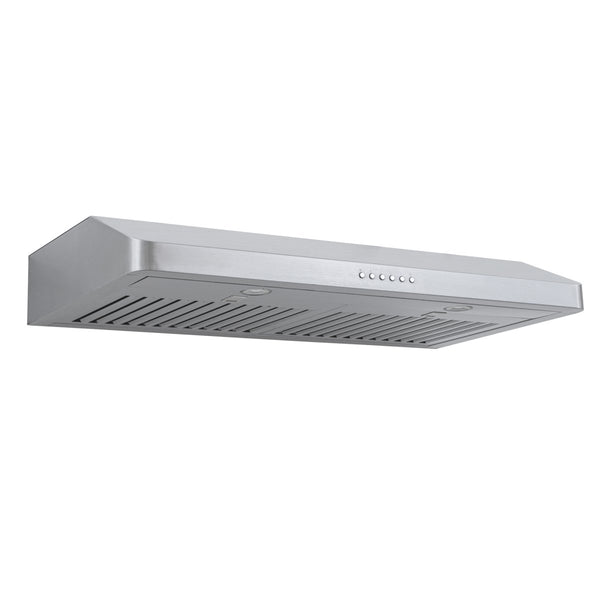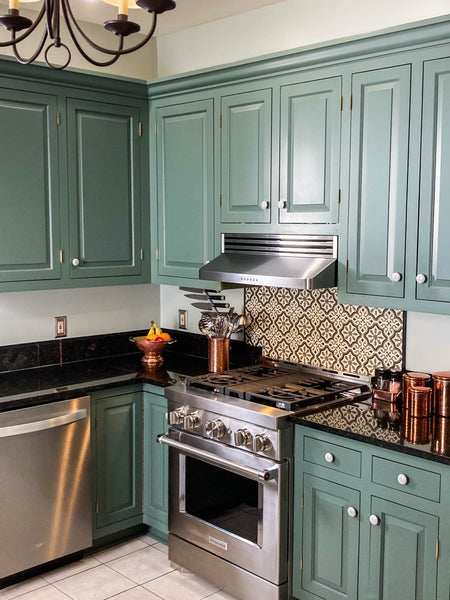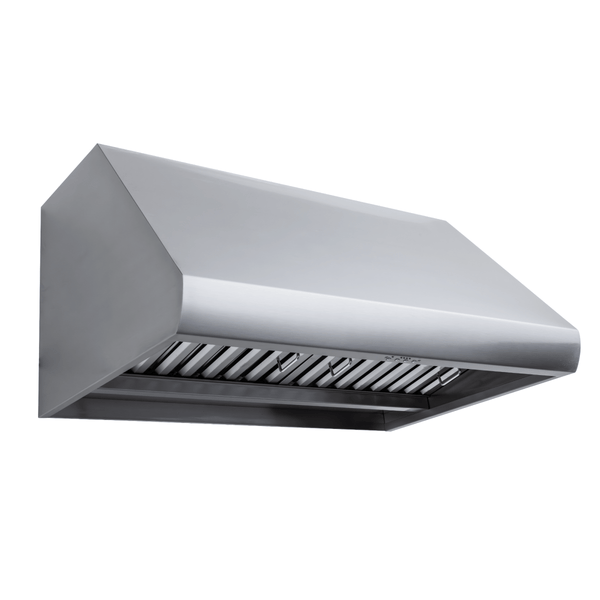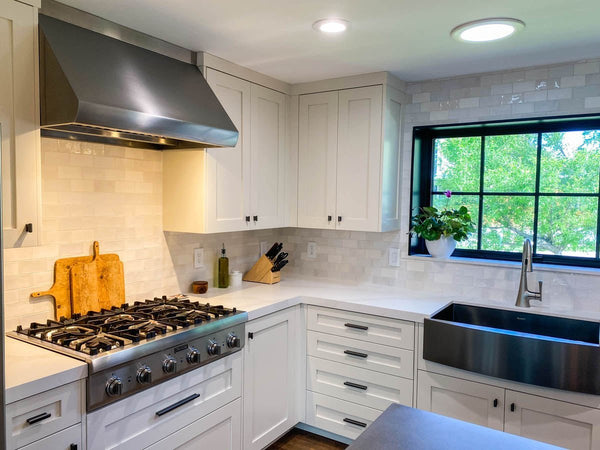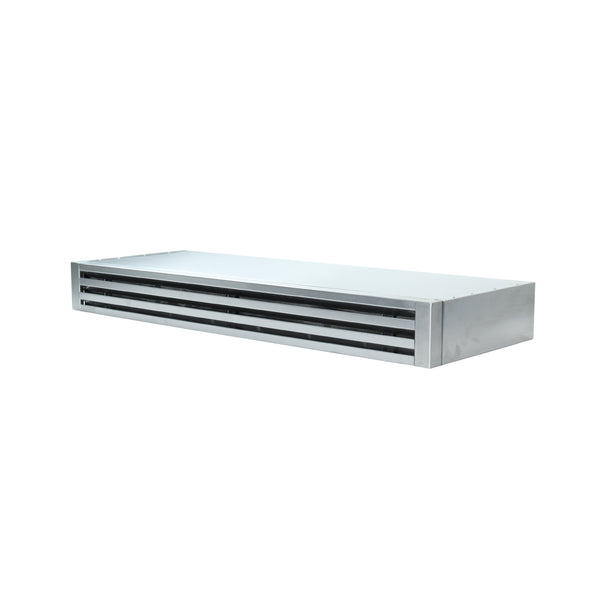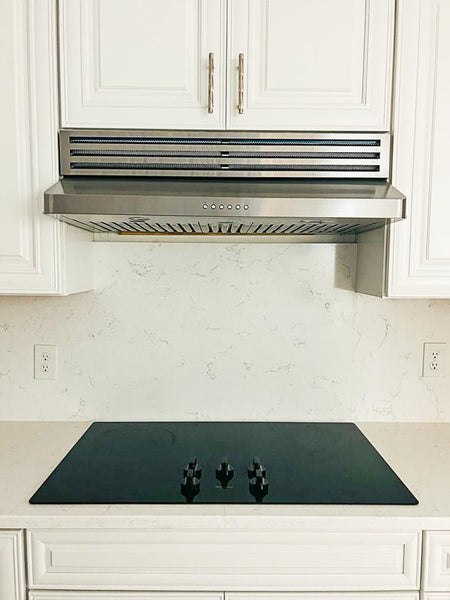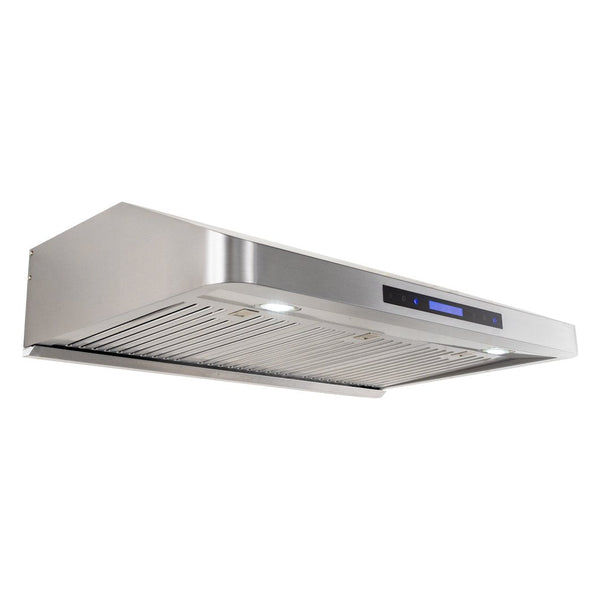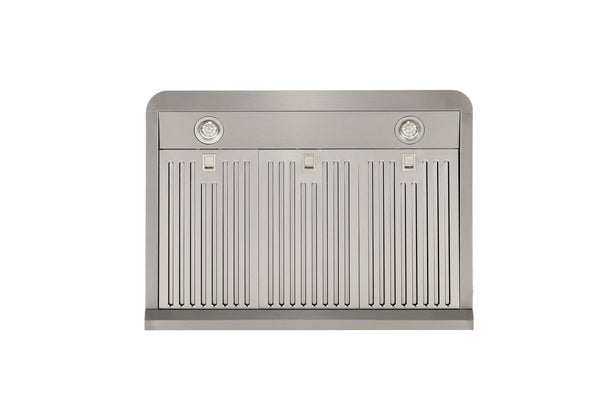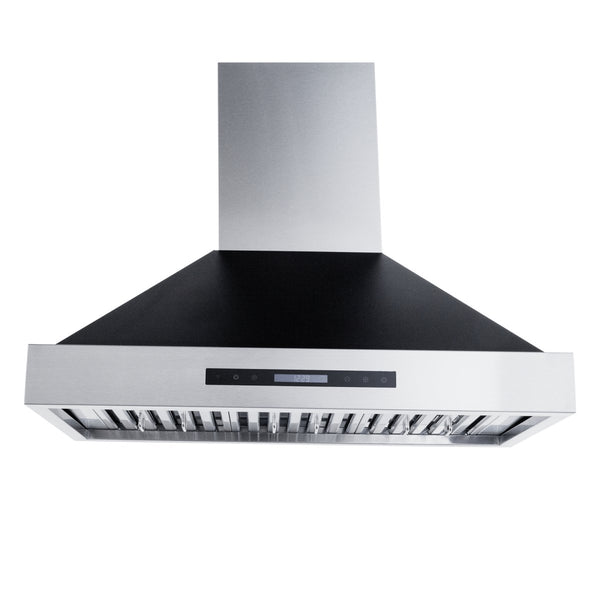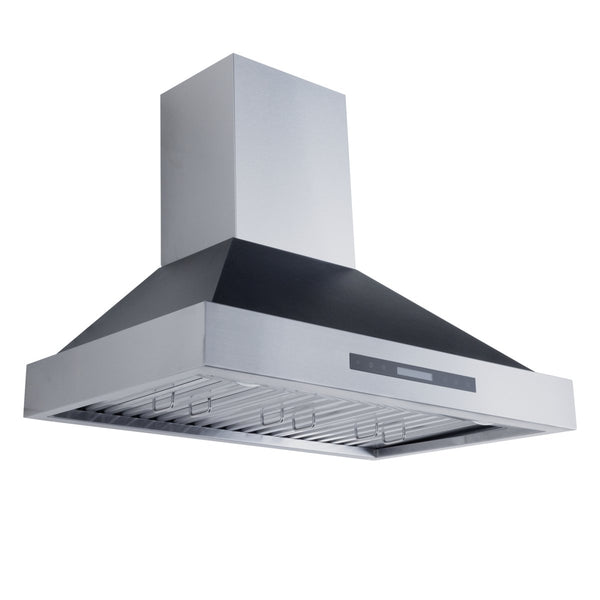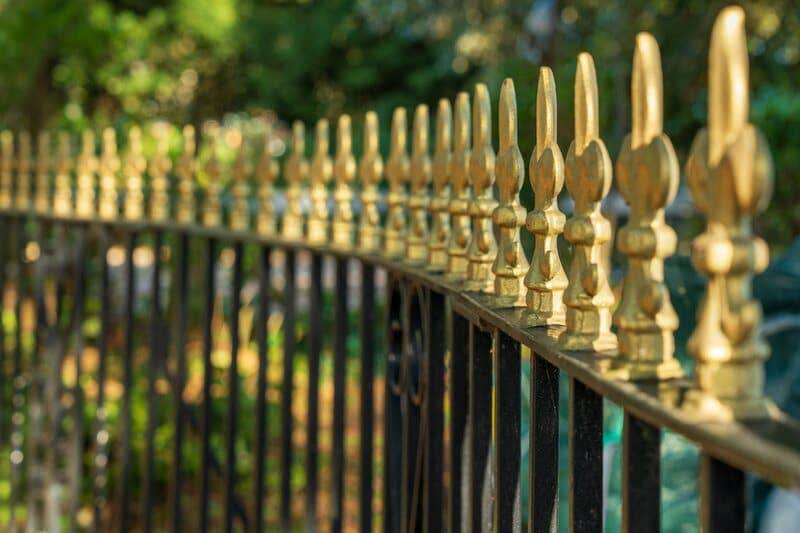Have you been itching to upgrade your backyard? There’s a lot of fun to be had there, especially during the summer months. One of the best upgrades to go for is a privacy fence. It not only gives you some personal space and privacy but also makes the patio comfortable and quiet for your guests. Privacy fences can cut out heavy noise too.
But, there are so many privacy fence styles to choose from. You might be struggling to settle on one. We'll go over four different types of privacy fences, along with their pros and cons.
Pressure Treated Wood Fence

Pressure-treated wood is one of the most common types of fences for your outdoor patio. It’s one of the most versatile because there are countless fence styles to choose from. In addition, you can customize the type of wood and its color.
Pine, cedar, and redwood are three of the best choices for your wood privacy fence. Pine is the cheapest but can look unfinished compared to other types. Cedar and redwood are a little more expensive but also more durable and modern. Redwood is the most durable of the three, but also the most expensive.
Unlike composite wood and vinyl, pressure-treated wood doesn’t come in ready-to-assemble panels. This means you’ll have to do quite a bit of cutting for the installation so it’s not the most DIY friendly. It’s always easier if you ask a friend to help.
Or you can research contractors to install your fence. This can be helpful to get advice from a pro on which type of wood is best for your fence. Find someone who’s done similar installations to yours for the best chance at a smooth installation and experience.
Pressure Treated Wood Pros
- Cost-effective
- Cancel out noise well
- Tall panels give you great privacy
- Variety of types to choose from - pine, cedar, redwood, etc.
- Variety of styles - picket, vertical posts, lattice fences, etc.
Pressure Treated Wood Cons
- Can look unfinished
- Not as durable as vinyl, composite wood, or metal fences
- Not the most DIY friendly to install
- Requires consistent maintenance
How long do pressure treated fence boards last?
Most pressure-treated wood will last 10 to 15 years. The exact durability depends on the type of wood though. Redwood is one of the most durable, followed by cedar and pine.
How do I keep my pressure treated wood fence looking new?
You should restrain your wood fence every few years to keep it in great condition. To keep mold and mildew at bay, spray your wood with a mildewcide every few months. Something like this from Amazon works great. You can also apply a water repellent or wood brightener. Consult your manufacturer to see what they recommend.
Composite Wood Fence

Another reliable option for your privacy fence is composite wood. Composite wood is an ultra-durable choice and it’s easy to install. Yes, even if you’ve never installed a fence before, it’s totally doable. Not only that, but composite wood fences are low maintenance too.
Unlike natural wood, your composite fence won’t rot or wear down over time. You might want a composite fence over natural wood if you:
- Live in a humid environment
- Are installing your fence in a moist area or near water
- Live in an area with heavy rain, snow, or other inclement weather
Composite Wood Pros
- Durable
- Low maintenance
- Variety of colors
- Easy to install - great for beginner DIYers
- Easy to clean
Composite Wood Cons
- Color may fade over time
- Prone to stains and mold growth
- Expensive compared to natural wood
Is a composite fence stronger than wood?
Composite fences are much stronger than natural wood. It is more weather resistant and mold resistant than natural wood. As an added bonus, it won’t rot. Composite fences are more expensive than natural wood but you’ll often get your money’s worth because of the high durability.
Can you paint a composite fence?
Yes, latex paint is the best type of paint for a composite fence. It adheres to the wood well as long as you sand, clean, and dry the wood properly before applying.
Vinyl Fence

If you don’t like the look of natural or composite wood, vinyl is another great option for your privacy fence. It’s a composite plastic material that’s incredibly durable. Like composite wood, vinyl comes in panels so it’s perfect for the beginner DIYer. But it doesn’t handle extreme weather as well as composite wood.
Vinyl is one of the most expensive privacy fences but it’s incredibly easy to maintain. You’ll likely get your money’s worth out of a vinyl privacy fence even though it costs a lot up front.
Vinyl Pros
- Low maintenance
- Easy to install
- Easy to clean
- Highly durable
Vinyl Cons
- Doesn’t hold up too well in harsh weather
- Prone to stains and mold growth
- More expensive than natural or composite wood
- Limited color options
Do vinyl fences hold up?
Yes, vinyl fences are highly durable. They can last up to 20 years with proper maintenance. All you need to do is clean your vinyl fence every year or so to keep it in great condition. If you notice mold or mildew growth, spray the fence with a mildewcide. Unlike natural wood, vinyl fences won’t rot.
How much wind can a vinyl fence take?
Most vinyl fences can handle wind speeds of up to 100 miles per hour, depending on the quality of the installation. Make sure to install the fence posts deep enough. About a third of the post should go into the ground. Most posts are installed about three feet deep.
Keep in mind that vinyl does not expand and contract in response to changes in temperature. So, prolonged harsh weather can damage a vinyl fence.
Aluminum Fence

If you want to go a completely different route design wise, aluminum is just for you! It’s a highly durable rust-resistant material for your privacy fence. It’s also cheaper than wood materials. The main downside is that aluminum fences aren’t too DIY-friendly. But it’s not impossible to install one yourself. Learn more about how to install an aluminum fence in this post.
While vinyl and wood fences have panels that completely block your view, aluminum fences offer much less privacy. Most aluminum fences have more of an industrial look than wood fences. But they’re still a practical, low-budget, low-maintenance option.
Aluminum Pros
- Inexpensive
- Environmentally friendly
- Low maintenance
- Incredibly durable
- Rust-resistant and weather-resistant
- Variety of color options
Aluminum Cons
- Not DIY friendly
- Doesn’t offer great privacy
- Not very modern
Is an aluminum fence more expensive than wood?
Aluminum fencing is less expensive than wood. In the long run, aluminum is the more cost-effective option because it’s much lower maintenance. Both fences cost about the same to install. They are not DIY friendly so you will probably want to hire a pro.
Are aluminum fences strong?
Yes, it’s not as powerful as steel or other metals. But it’s more sturdy than natural or composite wood. Aluminum is also highly weather-resistant and rust-resistant, making it a great option for your outdoor fence.
That’s all for our post on four privacy fence styles for your home. Hopefully you have a better idea of which privacy fence style is right for you. For more outdoor home improvement content, check out the articles below!
Related Articles
Is it hard to install a fence?
